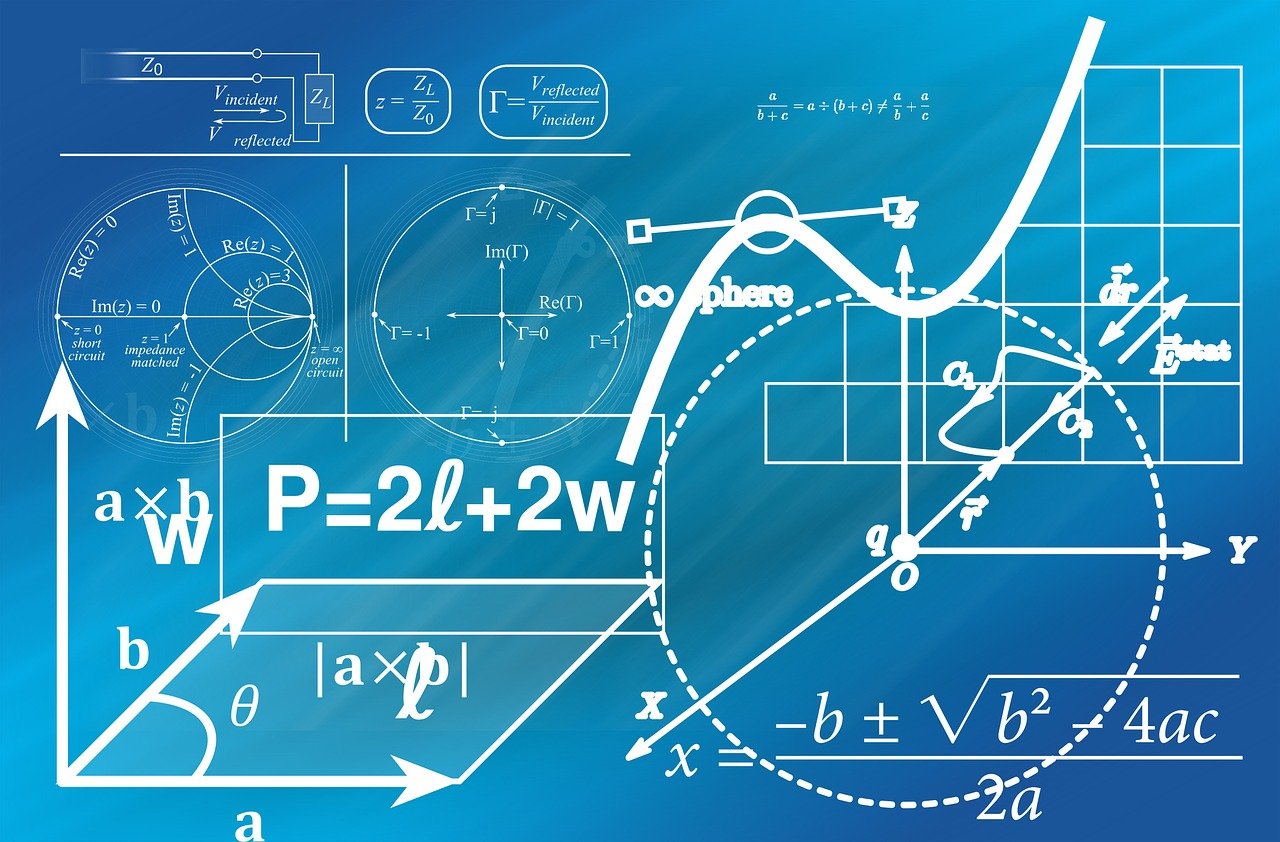Math Through the Ages: Tracing the Evolution and Impact of Mathematics Across Cultures

Mathematics, often hailed as the universal language of science and logic, has a rich and diverse history that spans across cultures and civilizations. From ancient Mesopotamia and Egypt to the flourishing mathematical traditions of India, China, and the Islamic Golden Age, the development and application of mathematics have shaped human understanding, technological advancements, and societal structures. In this article, we embark on a journey through time to explore how different cultures contributed to the evolution and utilization of mathematics, leaving a lasting legacy that continues to influence modern mathematics and scientific inquiry.
Ancient Mesopotamia and Egypt: Foundations of Numerical Systems and Geometry
The cradle of civilization, Mesopotamia, and ancient Egypt laid the groundwork for numerical systems, arithmetic operations, and geometric principles that form the basis of mathematics. Mesopotamian mathematicians developed the earliest known numerical system based on a base 60 (sexagesimal) system, leading to innovations in calculation methods, algebraic concepts, and the development of early mathematical tables.
Meanwhile, in ancient Egypt, mathematics played a crucial role in architecture, surveying, and land measurement. The Egyptians devised geometric techniques for constructing pyramids, using principles of trigonometry, geometry, and spatial reasoning to achieve remarkable feats of engineering that endure to this day.
Ancient Greece: Pioneering Geometry and Mathematical Philosophy
The ancient Greeks, particularly mathematicians like Pythagoras, Euclid, and Archimedes, made profound contributions to mathematical theory, geometry, and philosophical inquiry. Euclidean geometry, with its axioms and proofs, laid the foundation for deductive reasoning and mathematical rigor, influencing mathematical thought for centuries.
Moreover, Greek mathematicians delved into mathematical philosophy, contemplating the nature of infinity, the concept of irrational numbers, and the relationships between mathematics and reality. The Pythagorean theorem, attributed to Pythagoras and his followers, remains a fundamental principle in geometry and mathematics education today.
India: Advancements in Algebra, Trigonometry, and Number Systems
India boasts a rich mathematical heritage that spans millennia, with scholars like Aryabhata, Brahmagupta, and Bhaskara making significant contributions to algebra, trigonometry, and numerical systems. The invention of zero and the decimal place-value system revolutionized mathematics, paving the way for sophisticated calculations, astronomical advancements, and the development of algebraic notation.
Indian mathematicians also explored trigonometric functions, spherical geometry, and astronomical calculations, contributing to a deeper understanding of celestial phenomena and navigational techniques. The Kerala School of Mathematics, active during the medieval period, made notable strides in calculus and infinite series expansions, anticipating concepts later formalized in Western mathematics.
Islamic Golden Age: Preservation and Advancement of Mathematical Knowledge
During the Islamic Golden Age, spanning from the 8th to the 14th centuries, scholars in the Islamic world played a pivotal role in preserving and expanding upon mathematical knowledge from diverse cultures. Translations of Greek, Indian, and Persian mathematical texts, along with original contributions by mathematicians like Al-Khwarizmi, Al-Biruni, and Omar Khayyam, led to advancements in algebra, algorithmic methods, and geometric concepts.
Algebra, derived from the Arabic word "al-jabr," flourished during this period, laying the groundwork for symbolic manipulation, solving equations, and the development of mathematical symbolism still used today. The contributions of Islamic mathematicians also extended to trigonometry, astronomy, and the refinement of numerical methods, shaping the trajectory of mathematics in the medieval world and beyond.
Modern Era and Global Influence: Integration and Collaboration
In the modern era, mathematics has evolved into a global endeavor, with contributions from diverse cultures and regions enriching mathematical theory, applications, and interdisciplinary collaborations. The integration of mathematical ideas from different traditions, such as the development of calculus by Newton and Leibniz inspired by earlier works, exemplifies the interconnectedness and cumulative nature of mathematical progress.
Moreover, advancements in mathematics have fueled scientific discoveries, technological innovations, and societal transformations, from the use of calculus in physics and engineering to the application of statistical methods in social sciences and data analysis. Mathematics continues to serve as a cornerstone of scientific inquiry, problem-solving, and intellectual exploration, transcending cultural boundaries and contributing to a shared understanding of the natural world.
Conclusion: A Tapestry of Mathematical Heritage
In conclusion, the history of mathematics is a tapestry woven with threads of diverse cultural contributions, intellectual pursuits, and scientific breakthroughs. From ancient numerical systems and geometric principles to the algebraic innovations of medieval scholars and the modern integration of mathematical ideas, mathematics has evolved and thrived through the ages, shaping human knowledge, technological progress, and the foundations of civilization.
By exploring the mathematical legacies of different cultures and civilizations, we gain a deeper appreciation for the universal
Similar Post You May Like
-

CFCs, HFCs and their long, troubled history
At its peak, the ozone hole covered an area 7 times larger than the size of Europe, around 29.9 million km2, and was rapidly expanding
-

The Origin of Universe: Deciding point where it all began!
Let us unravel and surf through the ideas throughout ages to understand what the universe and its origin itself was to its inhabitants across history.
-

The Artemis Program
Inspired by the Greek goddess of the Moon, twin sister to Apollo, the artimis program was named on 14 May 2019 by Jim Bridenstine.







